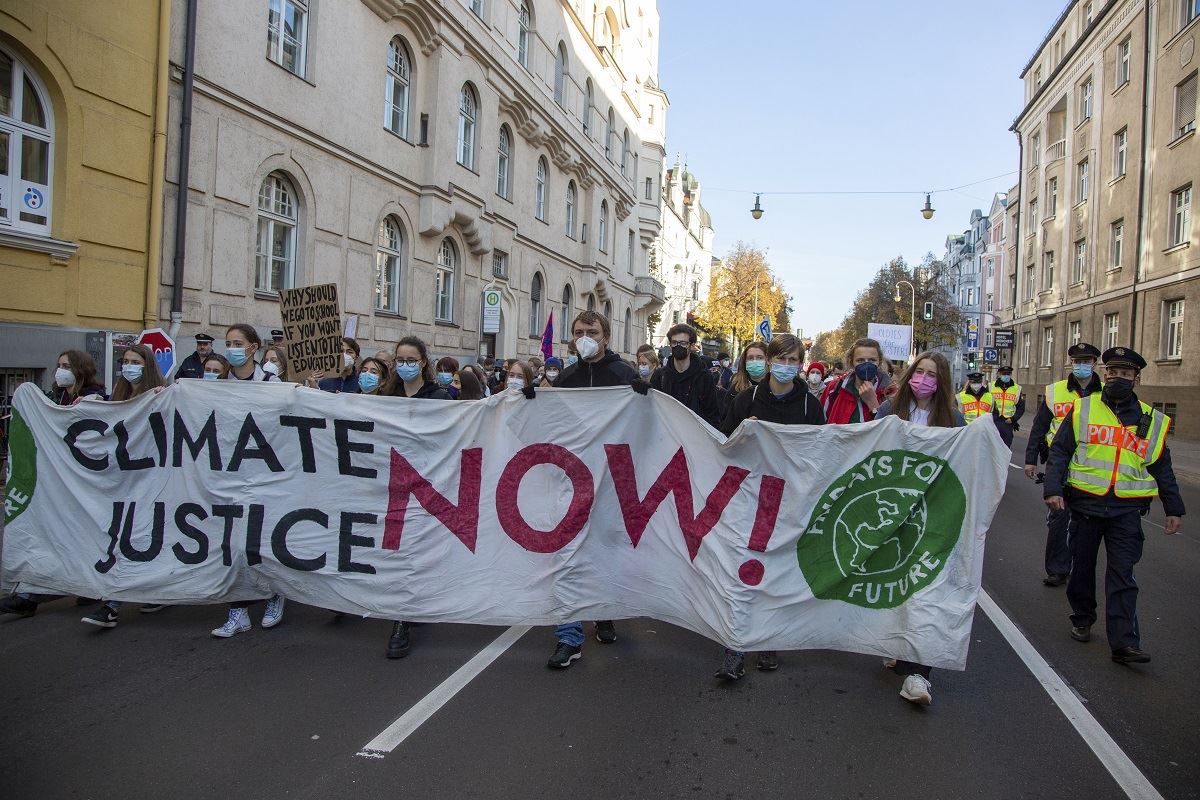
In August this year, I (perhaps naively) wrote about ESG stocks finally coming into their own, achieving returns that put high-risk companies to shame. But boy have I been proved wrong in the past month. With record gas prices and fuel demands, we are revisiting the relationship between low and high ESG risk and performance – because the narrative has certainly changed.
This summer, a Fidelity report did find a positive relationship between dividend growth and companies with a strong sustainability rating: these companies had the highest dividend growth while weaker ratings had the lowest.
This matched our own findings when we looked at share price growth. Rated UK stocks with the lowest ESG risk had a much better average return than any other risk level, both in 2020 (3.3%) and in the first seven months of this year (25.2%).
Exactly three months later, high-risk stocks have overtaken, and are the only category with an average return of above 20%, almost matching 2019 levels. The category also remains the most volatile, as the stocks were down 14.95% on average.
Pre-Covid-19, stocks with the lowest ESG risk achieved the lowest returns, and many only delivered single-digit growth while all other categories achieved share price growth of around 20%, on average. Market drivers included the so-called "Boris bounce" following the UK General Election, and the apparent end to Brexit uncertainty.
This changed in 2020. While every other category fell below 0%, stocks with negligible ESG risk were the only group to remain in positive territory, with average growth of 10.32%.
It is worth noting that among the Morningstar-rated stocks there are no companies with severe ESG risk, the category higher than high-risk.
Another change affecting the figures this time is the downgrading of Burberry’s (BRBY) risk. Our analysts have found the company’s risk level is no longer negligible, but low instead. Morningstar brand Sustainalytics does, however, believe that this is the second best luxury apparel company in terms of risk: it just about beats Hermès International (RMS), but is outranked by Gildan Activewear (GIL), which is the best company in terms of ESG risk.
Over the past three years, stocks with negligible ESG risk levels like as Kingfisher (KFG), Pearson (PSON) and RELX (REL) have had varied journeys. Kingfisher, for example, has seen a slow decline as it struggled to adapt to an increasingly digital world. But the outlook switched after the initial Covid-19 panic, and its share price was climbing as the market recovered. That said, RELX is the only company that has maintained that growth in the past three months. Kingfisher is slightly down, while Pearson has dropped below its 2018 value.
BP (BP.), Royal Dutch Shell (RDSA), EasyJet (EZJ) and BAE Systems (BA.) are the four rated stocks in our cohort with the highest ESG risk ratings. The cohort saw some growth fluctuations in 2018 and 2019, but all had largely stabilised by the time the market reacted to Covid-19, which drove valuations off a cliff. From February 5 2020 to 5 April that year, EasyJet’s value fell by 67.86%, and it has still not made up the ground. BAE has continued to do well, but what stands out when comparing the current numbers with July's, are BP and Shell. The companies have both jumped roughly 15% over the period. While that does not put them back to pre-pandemic levels, high oil and natural gas prices have proved beneficial.
In the longer term, different risk levels can be mapped onto returns of varying levels, with the standout example being low-risk companies, which consistently outperform their higher-risk peers.
The relationship between low ESG risk and growth, at least for dividends, makes sense to Matthew Jennings, investment director at Fidelity. A low ESG risk score also helps companies avoid higher regulatory costs, litigation, brand erosion and stranded assets, while strong governance protects profits, he explains.
Meanwhile, companies like Shell and BP are reducing their dividends to fund the green shift and invest in their renewable energy capabilities – but oil is continuing its stellar run of the last few months. As a result, dividend payouts recovered in Q3, with high-risk industries like mining and oil doing some of the heavy lifting for investors.
How Will ESG Stocks Perform Now?
What does this mean for ESG stocks in future? According to Sustainalytics' director of corporate engagement Kris Douma, past research has shown that ESG policies usually have a positive effect on a company's financial performance, but stocks with low ESG-risk usually perform slightly better in weak markets or during a crisis, while sometimes underperforming in strong markets.
“We have to be clear about causality,” he says: a lower ESG risk rating leads to lower cost of capital, lower interest rates for corporate bonds, and a higher share price because the default risk comes down and future earnings are expected to be higher.
“2021 seems an anomaly. Let’s hope this is an emerging trend. But based on these figures it is too early to say. We would have to look at it over a full business cycle of at least 7-8 years."











:quality(80)/cloudfront-us-east-1.images.arcpublishing.com/morningstar/6BCTH5O2DVGYHBA4UDPCFNXA7M.png)
















